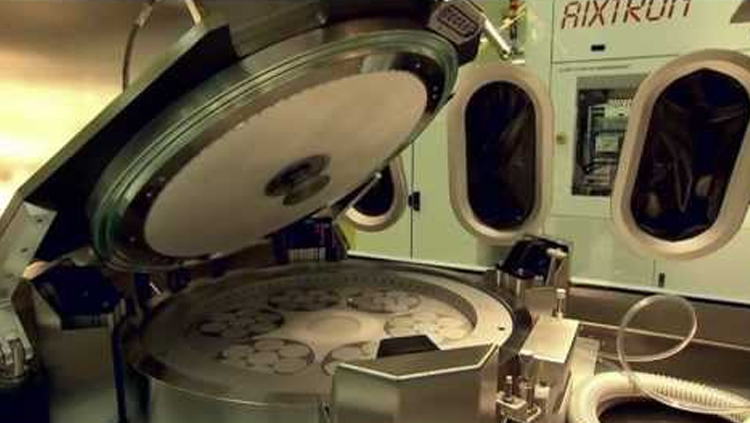DOE regulations to accelerate solid-state lighting
LED development in the US has received a boost from the Department of Energy (DOE).
New guidance on intellectual property will see industry benefit from breakthroughs made in solid-state lighting research at DOE laboratories, academic institutions and small businesses.
Inventions arising under the DOE s Solid-State Lighting (SSL) research program will now be covered by a so-called "Exceptional Circumstances Determination".
Referring to the Bayh-Dole Act, this determination places guidance on intellectual property (IP) generated under the Core Technology Research program area. This program area creates technology breakthroughs that can be widely applicable to future products.
The Exceptional Circumstances Determination is supported by Congress and the DOE, and will facilitate more rapid utilization of new SSL technology developed through the DOE program. To download a PDF copy of the Determination, visit the DOE SSL website.
Exceptional Circumstances
Small businesses and non-profits (such as universities) working under US government funding cannot be made to give up IP rights that they might acquire unless exceptional circumstances apply.
The new IP arrangements allow members of the Core Technology Program, which are organizations working on solutions to technical barriers for SSL and are engaged in funding agreements with the DOE, to retain title to inventions made under their SSL Program awards.
However, these innovators must offer each member of the SSL Partnership (a collection of companies that have the capacity to manufacture SSL systems) the first option to enter into a non-exclusive license.
These open license offers to SSL Partnership members must continue until at least one year after the date that the US patent was issued. After this time the inventors are free to enter into licenses in any field of use with any interested party involved in SSL development.
The agreement does not provide royalty-free access - the negotiations would be in good faith for royalty at a reasonable rate. This is consistent with the DOE s desire that the inventions are embraced by industry and make it into the marketplace, to develop end products that will save energy.
AuthorTim Whitaker is Editor of LEDs magazine


































